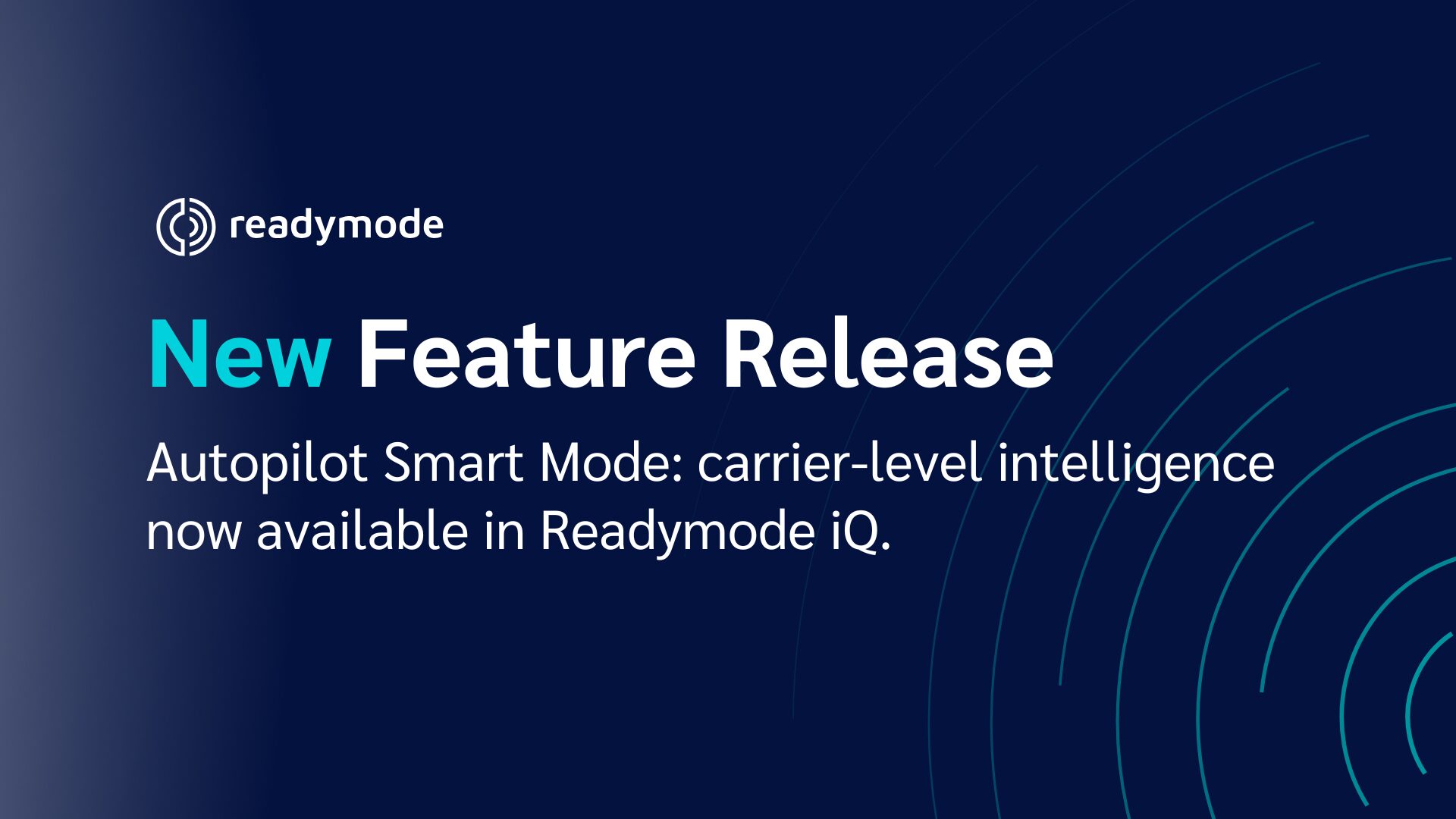What is Express Consent?
If you’re in the phone contact business, you’ve likely heard the term “express consent,” or similar terms like explicit permission, direct authorization, or clear consent. But what exactly is “express consent?” It is an important term that is worth understanding for anyone in the contact-center industry.
Under the Telephone Consumer Protection Act (“TCPA”), and the FCC’s TCPA-implementing regulations, there are three flavors of express consent:
- Prior Express Written Consent
- Prior Express Consent; and
- Prior Express Invitation or Permission.
Each form of consent applies to different types of phone calls. Understanding the applicability of each is an important step towards understanding and meeting your TCPA compliance goals.
What is Each Form of Express Consent’s Applicability?
- Prior Express Written Consent (“PEWC”)
Under the FCC’s regulations, the called party’s PEWC is needed when making a call using an automatic telephone dialing system and/or prerecorded or artificial voice to a cell phone, if the call is considered telemarketing or an advertisement. PEWC is also needed when making a call using a prerecorded or artificial voice to a residential line, if the call is considered telemarketing or an advertisement.
The FCC’s TCPA-implementing regulations currently define PEWC, in part, as:
[A]n agreement, in writing, bearing the signature of the person called that clearly authorizes the seller to deliver or cause to be delivered to the person called advertisements or telemarketing messages using an automatic telephone dialing system or an artificial or prerecorded voice, and the telephone number to which the signatory authorizes such advertisements or telemarketing messages to be delivered.
The FCC had a new “one-to-one consent” rule that would have changed the definition of PEWC as of January 27, 2025, however the rule was struck down only days before. You can read about the rule and what happened here.
- Prior Express Consent (“PEC”)
PEC is a less strict form of consent than PEWC. The called party’s PEC is needed when using an autodialer and/or prerecorded or artificial voice to make a non-emergency, non-telemarketing call to a cell phone. PEC is also needed when using a prerecorded or artificial voice to make a non-emergency, non-telemarketing call, subject to certain exceptions, to a residential line.
While neither the TCPA nor the FCC’s implementing regulations define PEC, the FCC and courts have ruled that a person giving his or her phone number to a given caller constitutes PEC.
- Prior Express Invitation or Permission (“PEIP”)
PEIP is also a less strict form of consent than PEWC. PEIP applies to the National Do-Not-Call Registry (“NDNCR”) sections of the TCPA and the FCC’s implementing regulations. Under the TCPA and the FCC’s implementing regulations, for-profit companies cannot make sales calls to residential telephone subscribers who have registered their phone numbers on the NDNCR, unless you have the called party’s PEIP or an established business relationship with them.
PEIP is not defined by the TCPA or the FCC’s implementing regulations. But courts have found that PEIP essentially has the same meaning as PEC.
Understanding and being mindful of which form of express consent is required for the calls you want to make is an important step in your compliance journey. Plus, a call to a properly consenting person is likely to be a call worth making.
This is not legal advice. You should consult a qualified attorney for your compliance needs.
Joe Bowser
Joe Bowser is a partner at Roth Jackson. He has been practicing communications and marketing law for two decades. He advises and defends calling and SMS platform providers (like Readymode), carriers/VoIP providers, and heavy users of those services in their wide range of compliance needs. In his spare time, you can find him taking his boys to their sports, getting in a workout of his own, or catching an Arsenal match.







